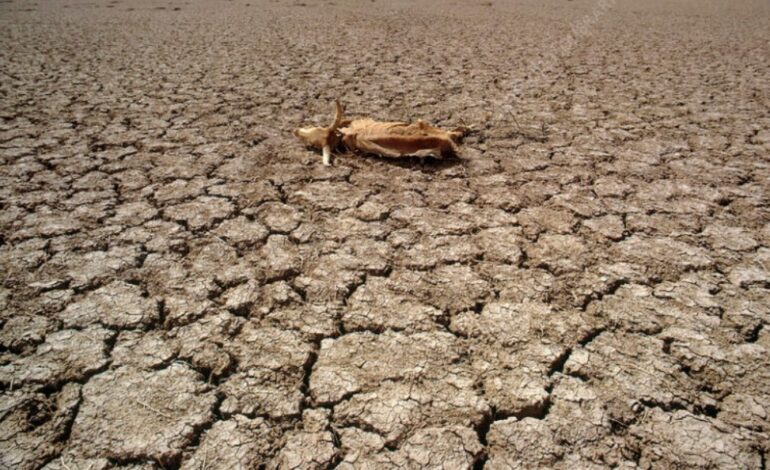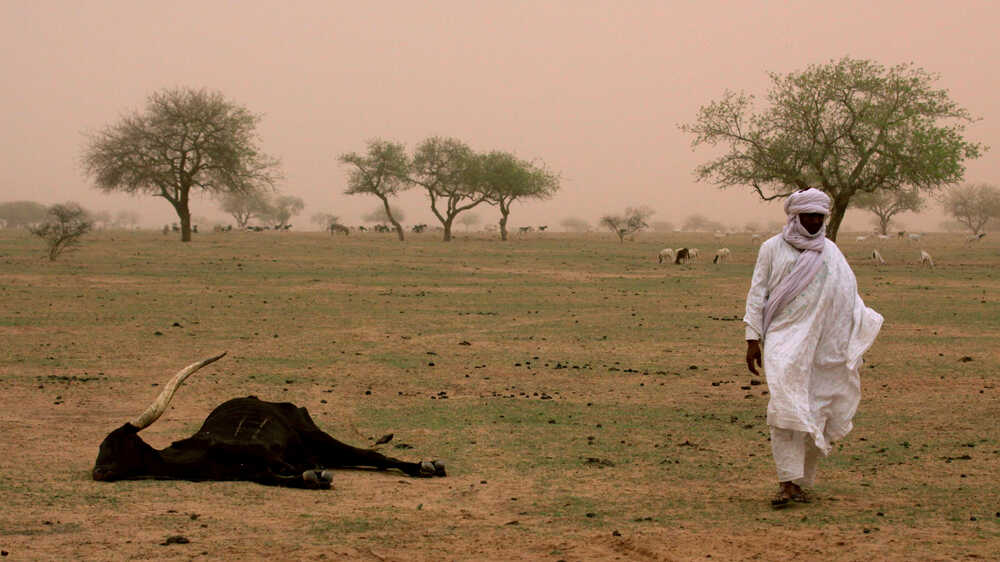
Ekeomah Atuonwu
According to the meteorological agency, in reaction to the drought that has led to a major food crisis in the nation this year, the Nigerien government has chosen to utilize chemicals to induce rain.
Through the use of an aircraft, chemicals such as a mixture of silver, sodium, and acetone are introduced into the clouds in order to create “induced rain.”
According to Katiellou Gaptia Lawan, director of the Niger meteorology department, who is leading the operation with the Malian consortium Ibi Air, “it was vital to act on this problem of drought” in order to have “many more days of rain and at the same time raise the quantity of rain.”
He contends that when there are “extended rainfall respites,” particular interventions should concentrate on crop or grazing areas.
The west of the country, including the Niamey region, benefited from the first interventions at the beginning of August, after several weeks without rain.
The effort will continue into September, which is typically when the rainy season in Niger ends.

Niger has a Sahelian climate, which is characterized by an extended dry season that lasts 8 to 10 months and a brief rainy season that lasts 3 to 4 months, from June to September.
The annual rainfall ranges from less than 100 mm, primarily in the north, to 700-800 mm, and the number of rainy days varies from north to south.
However, according to the Nigerien government, recent floods in the desert north are a result of climate change.
According to the most recent government statistics, significant floods have devastated other regions in addition to those impacted by drought, killing 53 people, displacing 87,942 people, and injuring 74 people.
In Niger, over four million households are facing the devastating effects of food insecurity caused by consecutive failed rainy seasons and decades of increasing desertification of the Sahel.
Due to the drought and jihadist violence that has prevented farmers from cultivating their fields, Niger is facing a serious food crisis this year.
According to the government, more than 4.4 million people are “severely” food insecure, or about 20% of the population.
The rate of acute malnutrition among children is likely to be 12.5%, exceeding the emergency threshold of 10% set by the World Health Organisation (WHO).




